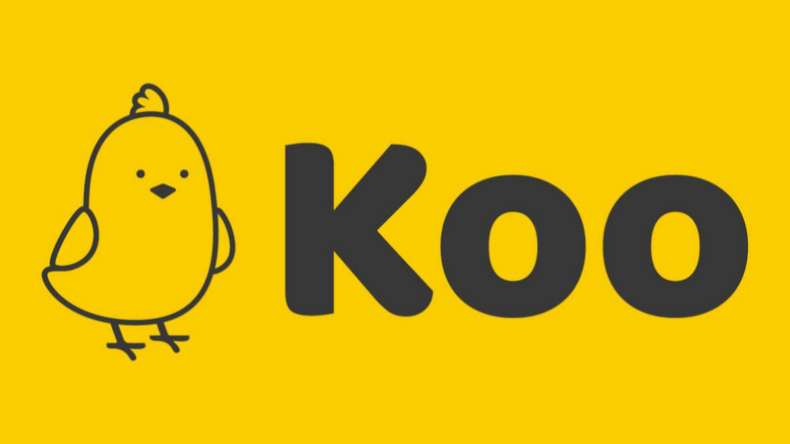As per the latest voter data assessment conducted by the election commission, the gender gap ratio between the 2017 assembly elections and the upcoming elections has improved. The political parties are now tailoring their approach and catering to the women voters, impacting the results. The poll-bound states- Uttar Pradesh, Punjab, Uttarakhand, Goa, and Manipur have seen an increase in the electoral matrix.
With the ban on physical rallies and roadshows, the political parties have turned to social media and digital campaigning strategies. One such approach to wooing voters has been using Koo app in the campaigns. The prominent presence of Indian languages in the Koo app makes it accessible and increases its reach in India.

Koo App’s release, reach, and gender ratio
Koo app, formerly known as Ku Koo Ku, gained popularity after it won the Government of India’s Aatmanirbhar Bharat App Innovation Challenge Award in August 2020. It is a multilingual micro-blogging site seen as an Indian alternative to Twitter.
According to a study conducted by Asmit Kumar Singh, Chirag Jain, Rishi Raj Jain, and professor Ponnurangam Kumaraguru from Indraprastha Institute of Information Technology, Delhi, and Jivitesh Jain and Shradha Sehgal from 07 million users were analyzed. Koo’s follower following network was also analyzed in the study. It also shows that Koo’s follower-following network was much denser than Twitter’s, comprising closely-knit linguistic communities.
The study revealed that of the 18.1 percent of the users who specified their gender on their profile on Koo, 92.1 percent, or 699,083, identified as male, while only 7.5 percent, or 58,996, identified as female and 0.36 percent or 3,236 identified as others.
However, female users were more active, in terms of the number of average likes at 103.6 and average at 21.7. Female users also, on average, have more followers at 632.9 compared to male users with an average of 117.0 followers and users identifying with the other category with an average of 283.45 followers
Women leader’s on Koo App

Women leaders like Rita Bahuguna Joshi of Uttar Pradesh Malvika Sood of Punjab, to name a few, were seen actively participating and campaigning on social media platforms and the Koo app.
In February, another study by the University of Michigan conducted by Arshia Arya, Dibyendu Mishra, Joyojeet Pal noted, “It is also important that while Koo is currently dominated by accounts strongly aligned with the BJP, this was not the case earlier. This newfound homophily in the Koo crowd arguably served as a driver of early engagement. However, it risks becoming an echo chamber”. The study was titled “Koo and the attempt to create a ‘nationalist Twitter.’
Edited By- Subbuthai padma
Published By- Bharat Anand













